New research has uncovered a surprising correlation between embracing ‘wokeness’ and heightened levels of anxiety and depression, shedding light on the psychological implications of social justice advocacy. Here’s the full story.
“Woke”
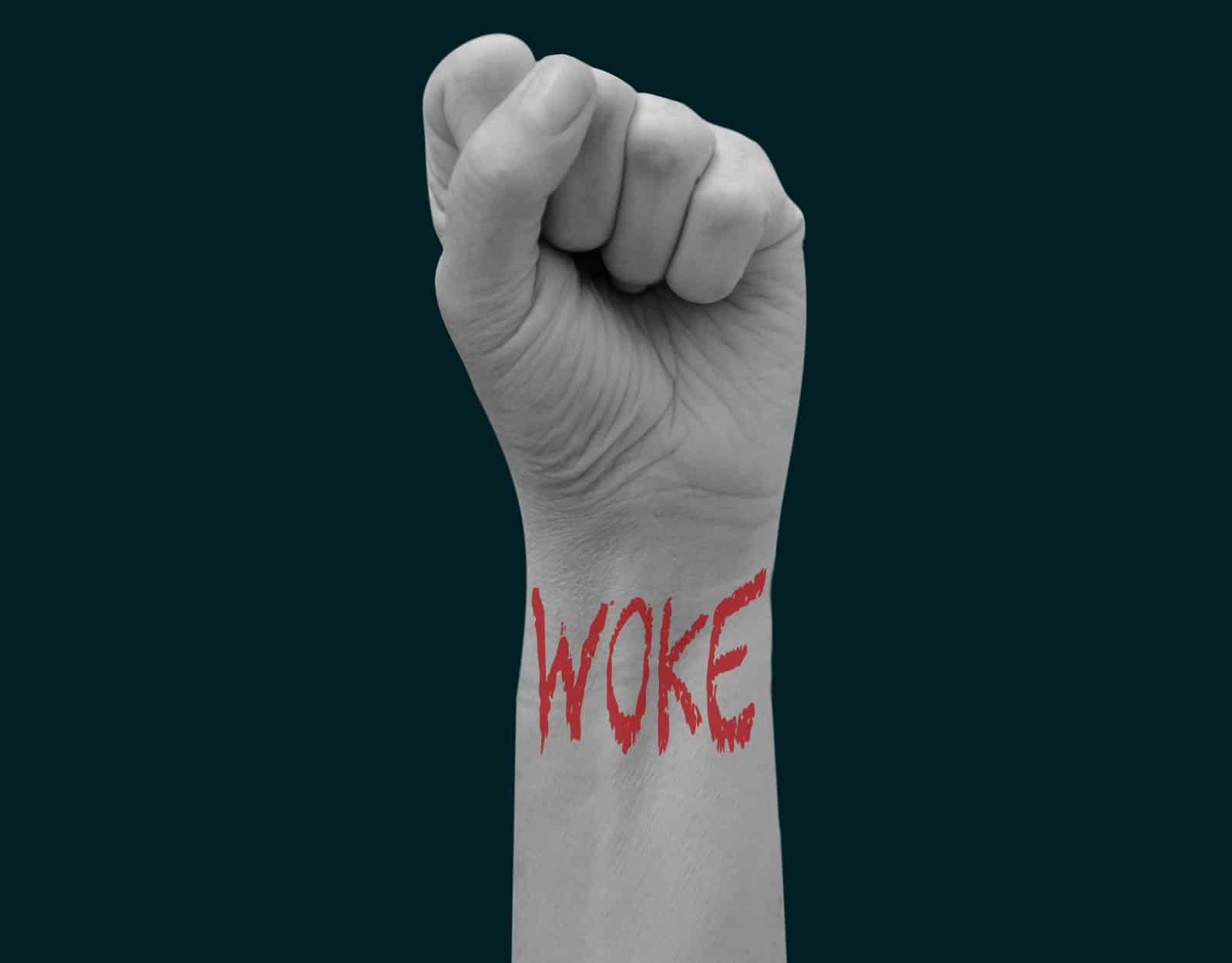
In recent years, the term “woke” has been overused to the point where it has almost lost all meaning.
African-American Vernacular English

Originally stemming from African-American Vernacular English to denote awareness of the massive prevalence of discrimination or prejudice, its scope has expanded ever outward to encompass various social justice issues.
Sexism, Racism or Homophobia

Confined initially to several concepts popular in left-wing thought, such as the fight against societal injustice, be it sexism, racism or homophobia.
“Political Correctness”

However, as “woke” gained traction, so too was its meaning lost, as those with a more critical view of progressive politics used “woke” as a descriptor of anything they didn’t approve of or like, in much the same way “political correctness” was used before it.
Lost Meaning

The moniker has now been so overused that it has functionally lost all meaning, with a range of ever stranger things being described as woke, from skimmed milk to vegan sausage rolls.
Anxiety and Depression
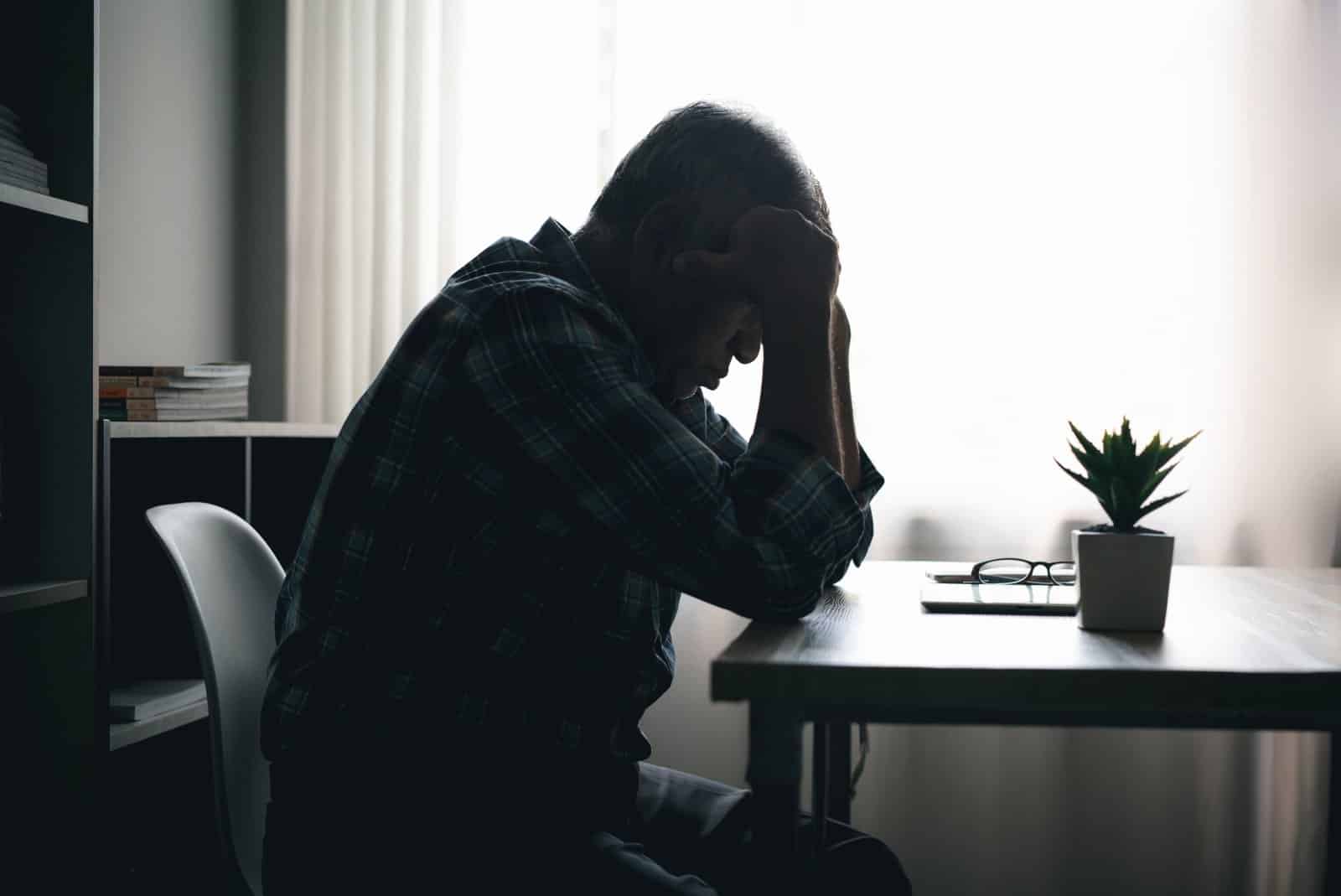
Perhaps because of this constant barrage of attacks against what many would describe as progressive causes, a recent study has shed light on a concerning correlation between embracing “wokeness” and heightened levels of anxiety and depression.
Groundbreaking Study

The groundbreaking study, conducted by Oskari Lahtinen, a senior researcher at the University of Turku, Finland, examined the correlation between pro-social justice attitudes and mental health.
Five Thousand Surveys

Lahtinen’s research, published in the Scandinavian Journal of Psychology, surveyed 5,000 individuals, revealing a noteworthy link between ‘wokeness’ and increased reports of anxiety and depression.
Social Justice Attitudes

Lahtinen’s study utilised a series of questions to gauge participants’ attitudes towards social justice issues and perceptions of systemic oppression.
“The Colour of People’s Skin”

The questions varied across the gambit of social justice causes, with participants’ responses to statements like “We don’t need to talk more about the colour of people’s skin” or “If white people have, on average, a higher level of income than black people, it is because of racism,” noted.
Valuable Insights

These inquiries allowed the researchers to gain valuable insights into each individual’s ideological leanings.
Concerning Trends

Analysis of the data unveiled a concerning trend – individuals endorsing critical social justice beliefs exhibited higher levels of anxiety and depression.
Not Surprising

This correlation is perhaps not that surprising, suggesting, as it does, a potential psychological toll associated with embracing ‘wokeness’ and obtaining a greater awareness of the deep divides present in modern society, from income inequality to structural racism, would make each individual more likely to experience anxiety and depression.
American University Discourse

Lahtinen explained the reasoning behind their research, stating, “I had been paying attention to a development in American universities, where a new discourse on social justice became prevalent in the 2010s.”
Intersectional Discourse
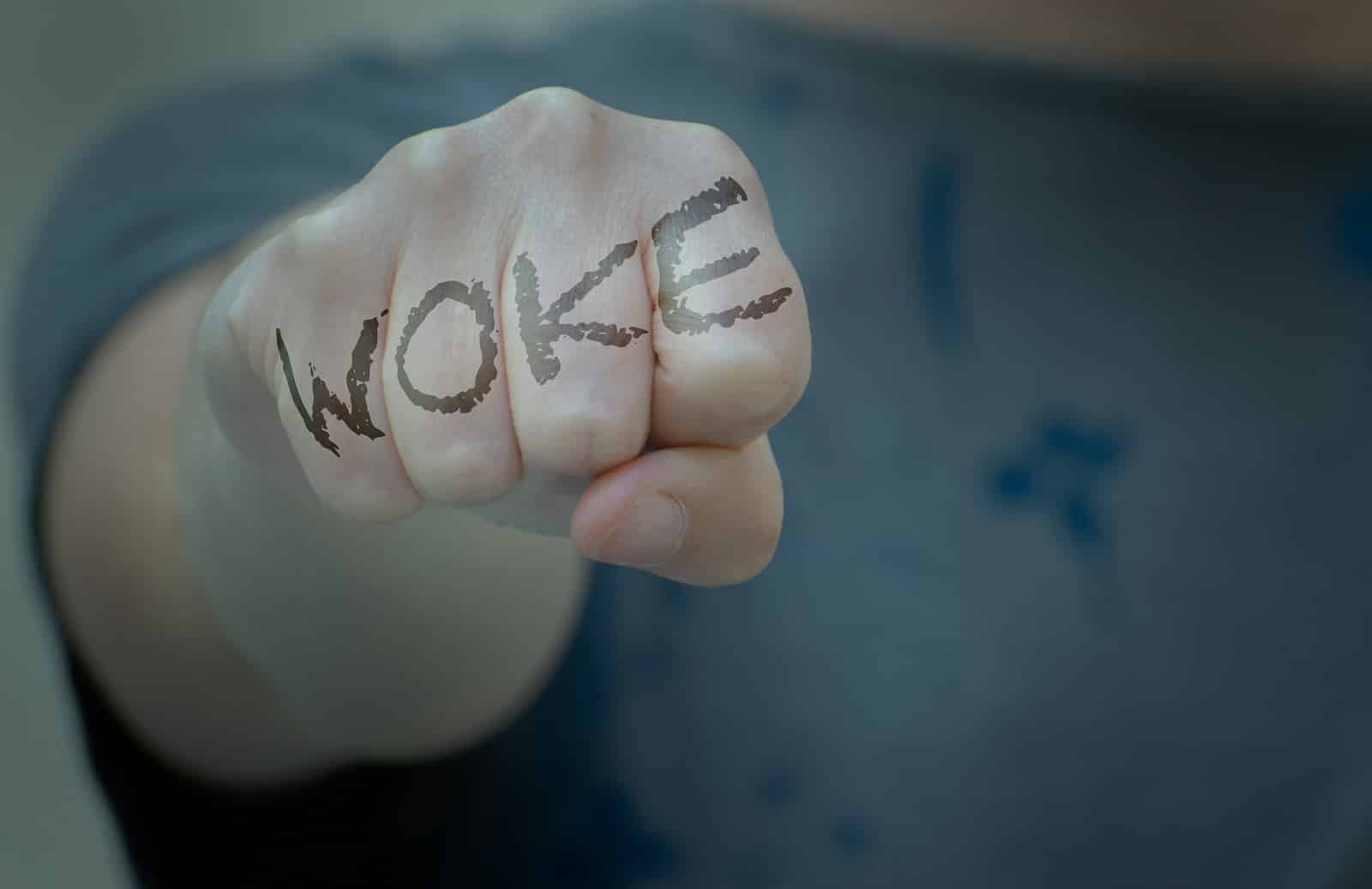
They continued, “While critical social justice (or ‘intersectional’ or ‘woke’) discourse draws mainly from dynamics within American society, it has now surfaced in other Western countries as well.”
Anti-Woke

Following the explosion of anti-woke talking points, particularly in the US, Lahtinen decided to study the toll such a backlash would take on the mental health of those targeted by such measures.
Tip of the Iceberg

Despite the significance of Lahtinen’s findings, the study represents just the tip of the iceberg.
Limited Research

Before this research, academic exploration of the psychological impact of holding progressive social justice views was limited.
“Largely Data-Free”

Lahtinen explained, “This debate was largely data-free, and it could thus be considered a worthwhile question to study how prevalent these attitudes are. ‘No reliable and valid instrument existed prior to the study to assess the extent and prevalence of these attitudes in different populations, so I set out to develop one.”
Delving Deeper

Lahtinen’s work underscores the importance of delving deeper into the relationship between “woke” ideas and the impact they and the pushback against them can have on mental health.
Limited Scope

While Lahtinen’s study offers valuable insights, its scope is limited to Finland, with Lahtinen calling on other countries’ researchers to follow their lead.
“Quite Robust”

Lahtinen stated, “The studies were quite robust with a sample size above 5,000 and good psychometric properties.”
More Research Needed

They continued, “However, the scale would need to be validated in North American samples in order to know how these attitudes manifest there. I encourage colleagues in the United States to study the prevalence of these attitudes in the country where they originate from.”
Overlooked Aspect

The study’s findings shed light on a previously overlooked aspect of “wokeness” discourse – its potential impact on mental health.
Lasting Legacy

As society grapples with the lasting legacy of institutionalised racism, rampant sexism and anti-LGBTQ+ rhetoric, understanding the psychological stresses placed on advocates for progressive policies becomes imperative.
Fight for a Fairer World

While those who fight for a fairer world may find themselves weighed down with the injustices prevalent in every society, they must be cognisant that structural inequalities don’t come to harm their mental health.
25 Things You CAN’T Talk About Anymore
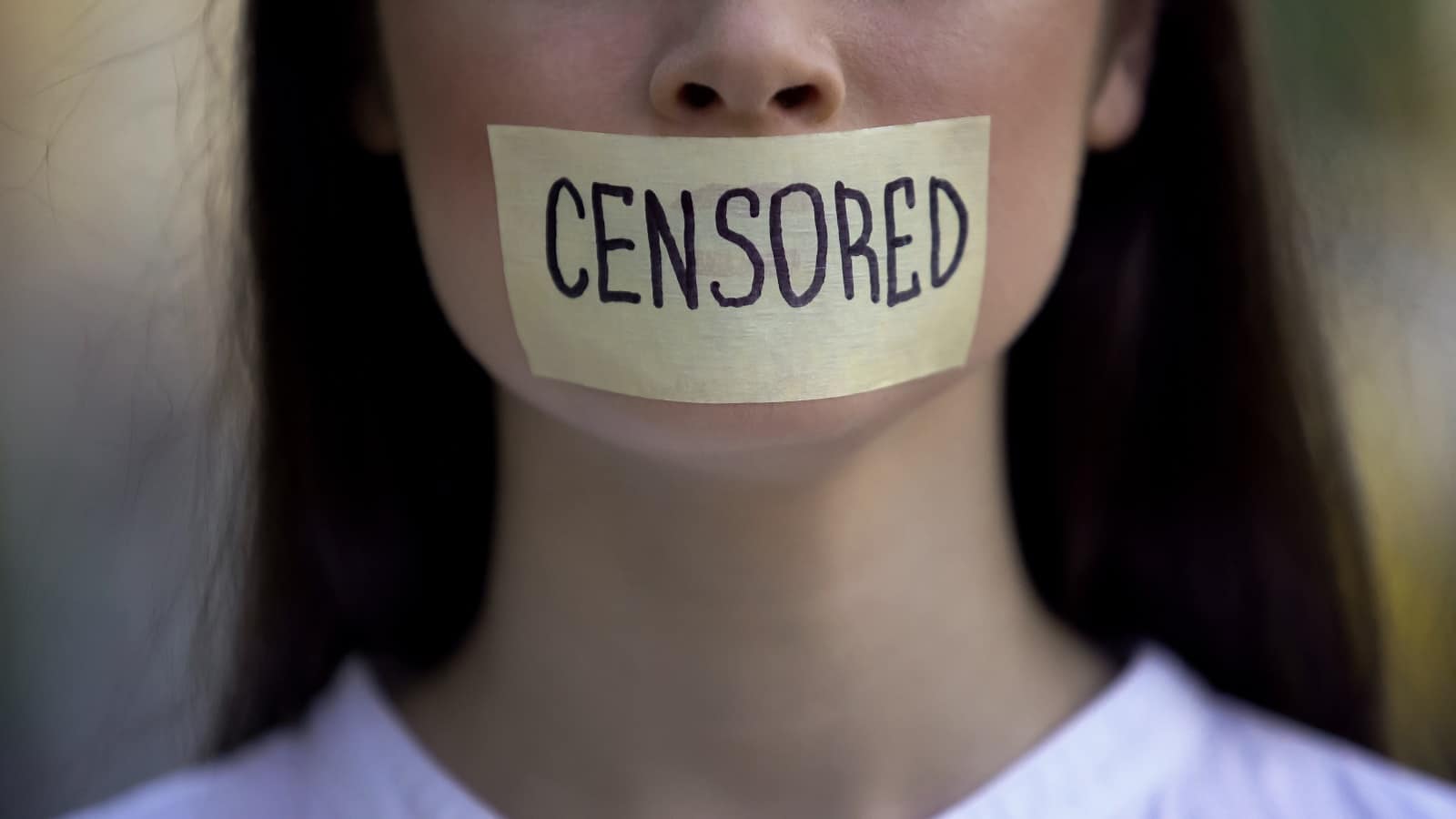
Remember the days when you could freely discuss just about anything without fear of sparking controversy? Well, those days are long gone. In today’s hyper-sensitive world, there are topics so fraught with tension that even mentioning them can lead to heated debates and hurt feelings. 25 Things You CAN’T Talk About Anymore
Stranded: 15 Worst British Cars in History
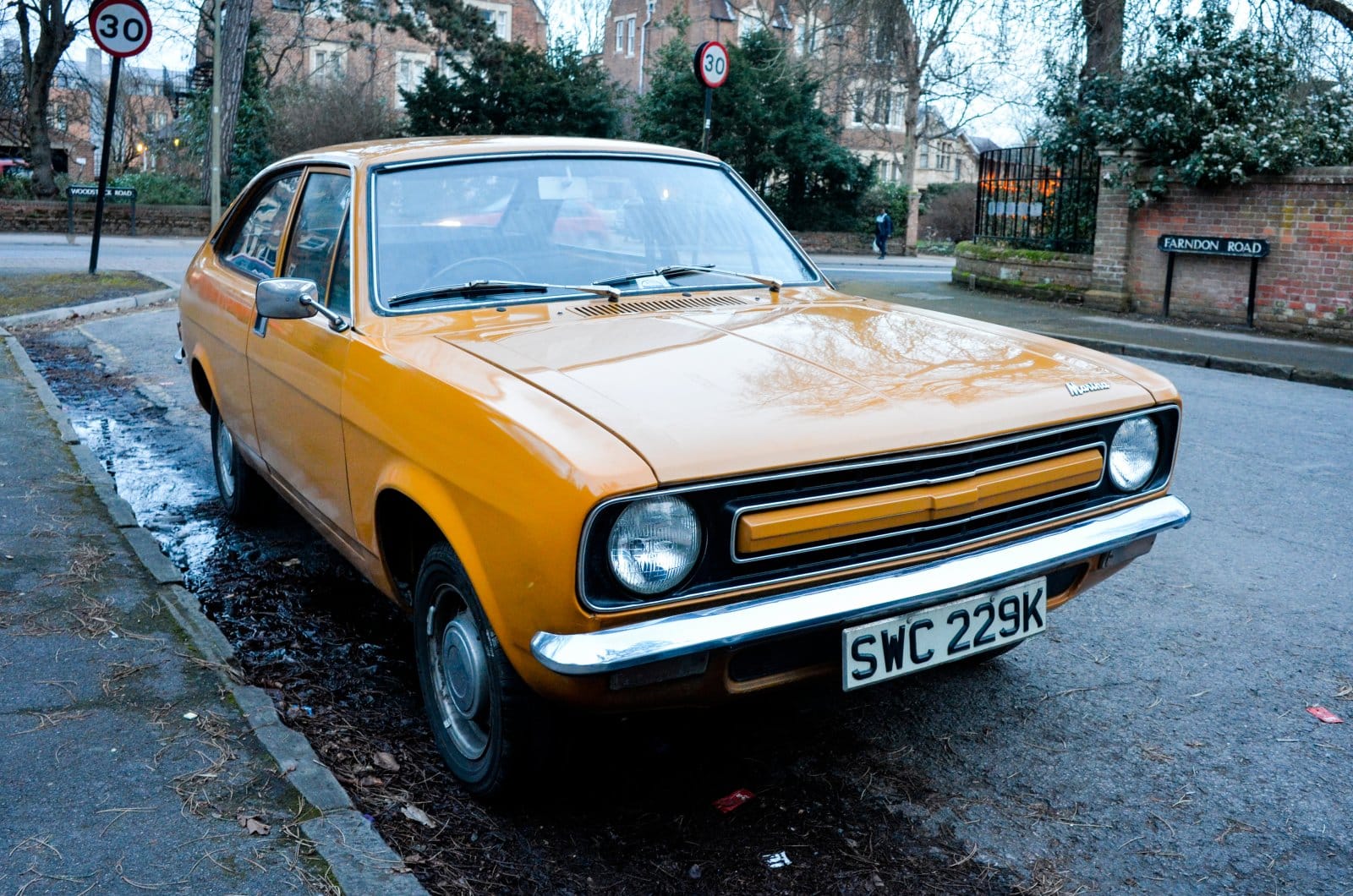
Ever had a car that spent more time with the mechanic than on the road? A car that turned every journey into a game of “Will we actually get there?” If so, you might just see a familiar face (or should we say, chassis) in our countdown to the most unreliable British car in history. Stranded: 15 Worst British Cars in History
“Britain Will Become Unrecognizable” – Suella Braverman Spells Disaster for UK Amid Steep Rise in Visas Issued

Former Home Secretary Suella Braverman has warned that Britain will become “unrecognizable,” criticizing the amount of work visas the Home Office has approved, despite only being removed from her role in November. “Britain Will Become Unrecognizable” – Suella Braverman Spells Disaster for UK Amid Steep Rise in Visas Issued
20 Things From the ‘70s That Are Not OK Today

Step into the time machine and set the dial to the 1970s, a decade of disco, bell-bottoms, and some rather questionable choices. While the ’70s gave us iconic music and groundbreaking TV, not everything from this groovy era would get a green light today. 20 Things From the ‘70s That Are Not OK Today
20 Best and Worst Universities in the UK

Navigating the UK university landscape is like deciphering a complex code of rankings, reviews, and reputations to uncover where you’ll not just learn, but truly flourish. Whether you’re drawn to the historic halls of Oxford or the creative buzz of Goldsmiths, finding your perfect fit is about aligning your aspirations with the unique offerings of each institution. 20 Best and Worst Universities in the UK
The post Woke But Wimpy? Study Claims Woke People Suffer More Mental Health Issues first appeared on Edge Media.
Featured Image Credit: Shutterstock / Lomb.
Grant Gallacher is a seasoned writer with expertise in politics and impactful daily news. His work, deeply rooted in addressing issues that resonate with a wide audience, showcases an unwavering commitment to bringing forth the stories that matter. He is also known for satirical writing and stand up comedy.

